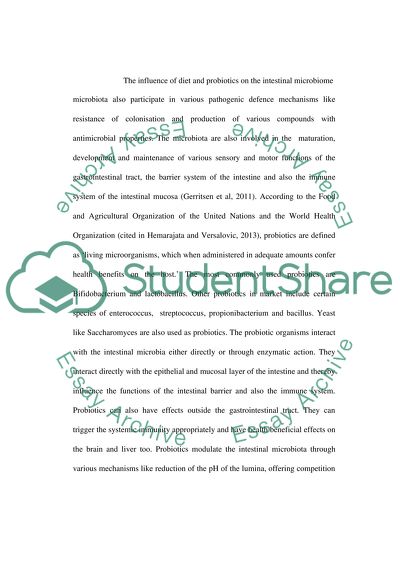Cite this document
(“The influence of diet and probiotics on the intestinal microbiome Essay”, n.d.)
The influence of diet and probiotics on the intestinal microbiome Essay. Retrieved from https://studentshare.org/health-sciences-medicine/1634915-the-influence-of-diet-and-probiotics-on-the-intestinal-microbiome
The influence of diet and probiotics on the intestinal microbiome Essay. Retrieved from https://studentshare.org/health-sciences-medicine/1634915-the-influence-of-diet-and-probiotics-on-the-intestinal-microbiome
(The Influence of Diet and Probiotics on the Intestinal Microbiome Essay)
The Influence of Diet and Probiotics on the Intestinal Microbiome Essay. https://studentshare.org/health-sciences-medicine/1634915-the-influence-of-diet-and-probiotics-on-the-intestinal-microbiome.
The Influence of Diet and Probiotics on the Intestinal Microbiome Essay. https://studentshare.org/health-sciences-medicine/1634915-the-influence-of-diet-and-probiotics-on-the-intestinal-microbiome.
“The Influence of Diet and Probiotics on the Intestinal Microbiome Essay”, n.d. https://studentshare.org/health-sciences-medicine/1634915-the-influence-of-diet-and-probiotics-on-the-intestinal-microbiome.


